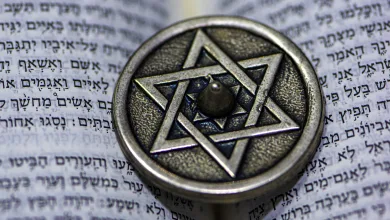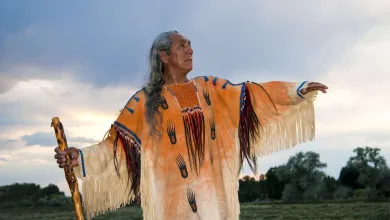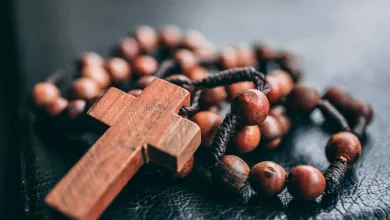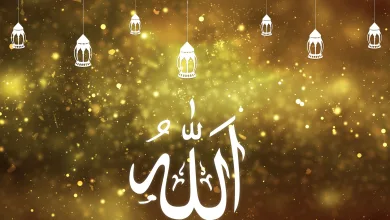African Traditional Religions
In terms of adherents, the largest animistic family is the African Traditional religions (ATRs). Africa contains fifty-plus countries and more than one thousand different people groups, each with its own religious variations on the animistic theme. Here, too, generalizations are possible, with exceptions.
ATRs have proven exceptionally resilient in the face of modernization. As Christianity and Islam spread across Africa, it was widely predicted that traditional religions would disappear by the end of the twentieth century. On the contrary, though a majority of today’s Africans claim to be either Christian or Muslim, traditional religions are widely practiced. Both monotheistic religions face the problem of nominalism (from Latin, meaning “in name only”). Syncretism and parallelism are pervasive.
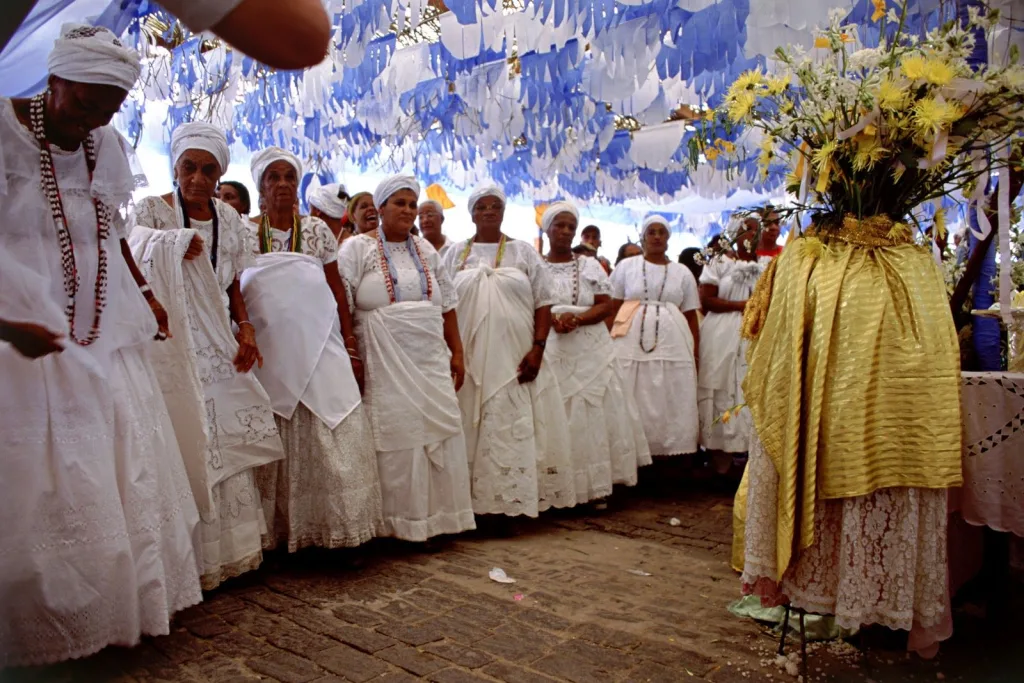
Syncretism is the blending of beliefs and practices from two different religions, and in most cases one of the two is animistic (e.g., the folk religions mentioned in chapter 8). Parallelism describes the practicing of two systems side by side without blending them. Think of the American churchgoer who regularly checks her horoscope, for instance, or the African Christian who attends church on Sunday but takes his sick child to the traditional healer.
Many Africans think of religion as something formal, and perhaps having a written scripture or holy books. They consider their animistic practices, passed down orally, simply to be cultural tradition. Often the formal religion (e.g., Christianity or Islam) is thought of as being for the “next life,” while traditional practices help people through this one, filled with difficulties and calamities. Those are thought to be caused by various spirits, and ATRs are primarily concerned with making practical use of the spirit world’s power.
Spirits may be recently deceased ancestors, nature-dwelling spirits (who inhabit forests, bodies of water, or the edges of cultivated fields), or other categories. Some folk Muslims have an additional category based on the Islamic belief in jinn (from which we get our English word genie), which are, according to the Qur’an, demonic spirits that serve Satan. All these spirittypes are believed to have influence over life events. ATRs use rituals, often carried out by specialists, to appease or influence spirits so that either they’ll stop harming the petitioner (e.g., illness or calamity) or work on the petitioner’s behalf to help achieve some goal (winning a game, passing an exam, or in some cases, bringing harm to an enemy).
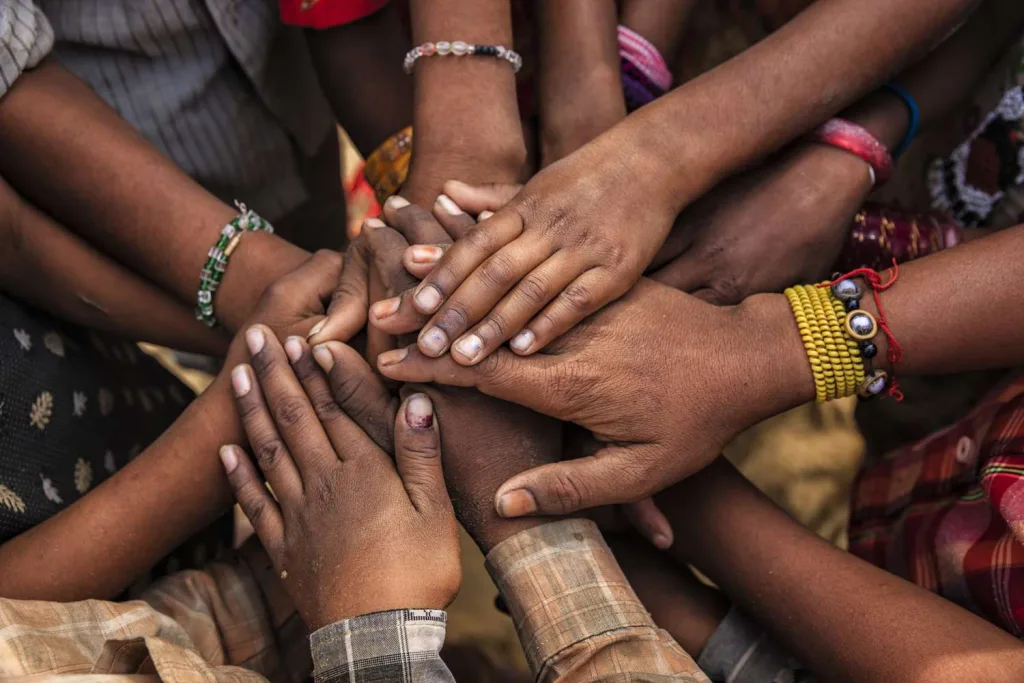
Most African Traditional religions are deistic, maintaining belief in a creator god who is distant or disinterested in the people he made. It is the spirit world that must be dealt with, since it is close and active, and for those not influenced by Christianity or Islam, at death a person enters into this realm and remains near the places where he or she lived in the body.
Because of the way Africans view these ancestors, anthropologists refer to them as “the living dead.” This refers not to anything like zombies or other such inventions, but rather to the perception of persons no longer physically living yet continuing to hover nearby as spirits. As with NARs, the dead are thought to continue in this state while remembered by those still alive, after which they fade from existence.
Illnesses are often attributed to an ancestral spirit in danger of being forgotten. When this is divined, a feast is held in memory of that person in order to bring healing to the sick one. This is why many Africans name their children after grandparents, aunts, and uncles. Anytime the child’s name is called, the remembered namesake is less likely to be forgotten and bring calamity on them.
Rituals tend to consist of chants, songs, medicines (often herbal remedies that may benefit a sick person physically), and sacrifices. Typically the larger the request the bigger the sacrifice. While offerings of food, milk, or beer are common, many requests require a blood sacrifice. Usually this is a chicken or two; it could be a goat or, for community issues, a cow. Unlike the Christian or Jewish views, in ATRs, sacrifice is not an atonement or substitution for sin—it’s a gift to the spirit being approached for help.
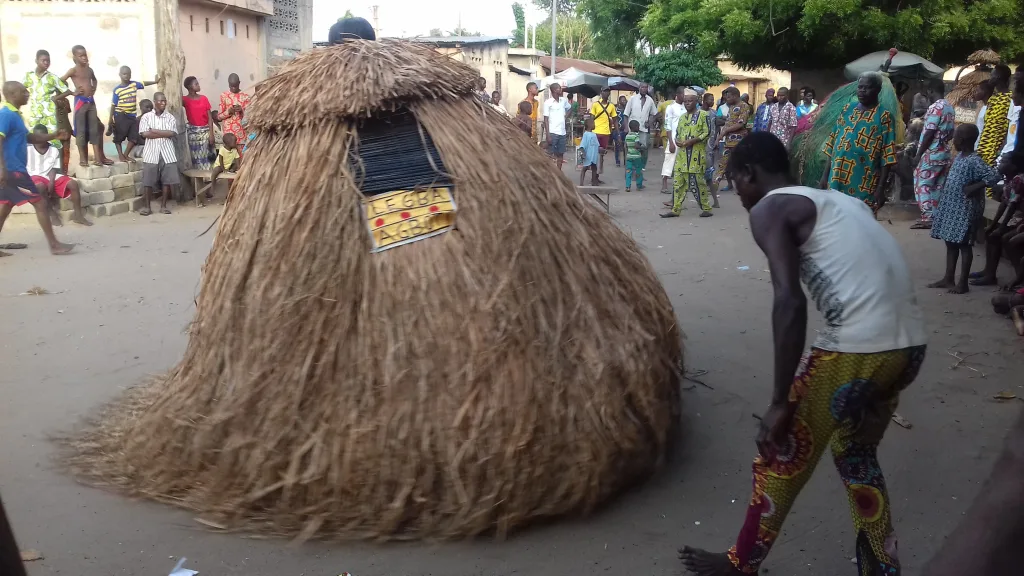
As to the variety of specialists who carry out ATR rituals, the common Western term witch doctor is inaccurate in most respects. Broadly speaking, these authorities can be categorized as either traditional healers or sorcerers, although both groups usually have sub-categories.
Traditional healers cure illnesses and help solve other life problems. A key endeavor for them is divination, wherein rituals are used to determine which spirit is causing a difficulty so that it can be appeased. They also produce fetishes, or charms, to be worn around the neck, wrist, waist, or ankle to ward off unwanted spirits. Sorcerers, though, are called upon to place curses and are generally feared, as their power is used only for evil purposes.
Spirits are tied to tribal locality, since they either are ancestors or inhabit local geographic features. Therefore, ATRs have no missionary outreach. They are viewed as specific to each tribe, so any one tribe sees no point in others sharing its convictions or following its rituals and practices.
An Extra Minute
Because of beliefs about ancestral spirits, burial location is critically important to traditional Africans. Silvanus Melea (S.M.) Otieno (1931–1986), a highly educated lawyer, was born into the Luo tribe near Lake Victoria in western Kenya. (Barack Obama’s father also was a Luo.) Otieno married Wambui Waiyaki, a Kikuyu, and they lived most of their lives in Nairobi, largely disconnected from traditional life and its practices. After Otieno died, there was a five-month court case over his burial.
He had left written instructions, verified by his wife, that he was to be buried on his farm outside Nairobi, but his Umira Kager clan of the Luo tribe insisted on ancestral land for the burial near Lake Victoria, some three hundred miles away. Millions of Kenyans followed the case as the local papers carried the daily proceedings verbatim. The courts eventually ruled for traditional law over statutory law; Otieno was buried on Umira Kager land, against his own (and his widow’s) wishes.
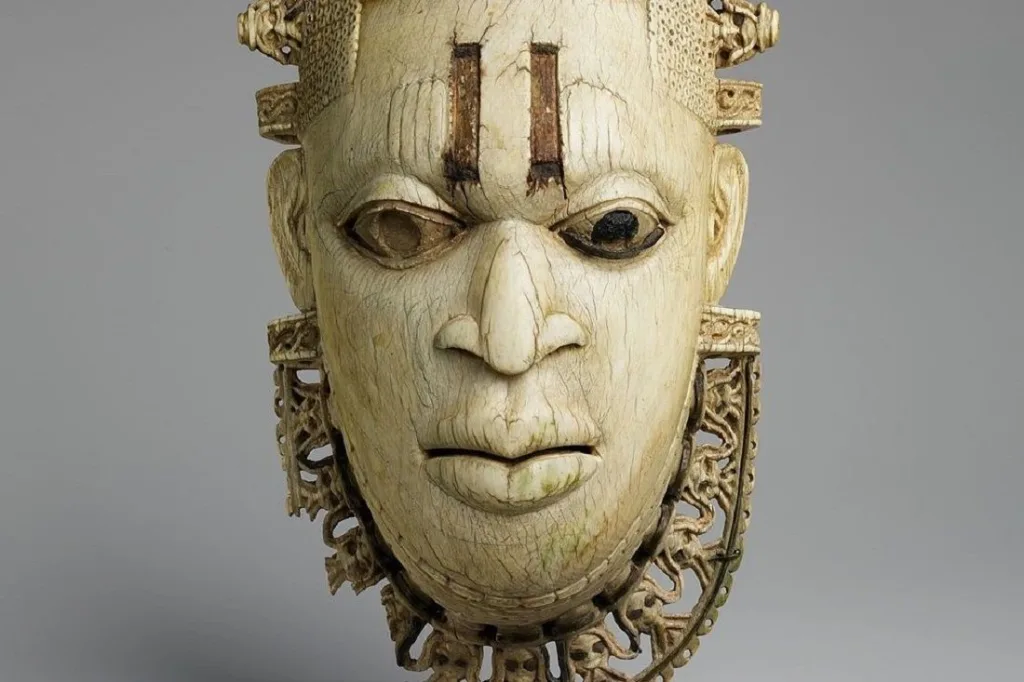
ATRs African Traditional religions
ATRs African Traditional religions
ATRs African Traditional religions
NARs Native American religions
ATRs African Traditional religions
ATR African Traditional religions
ATRs African Traditional religions
Morgan, G.R. (2012) Understanding World Religions in 15 Minutes a Day. Minneapolis, MN: Bethany House Publishers, pp. 50–53.
